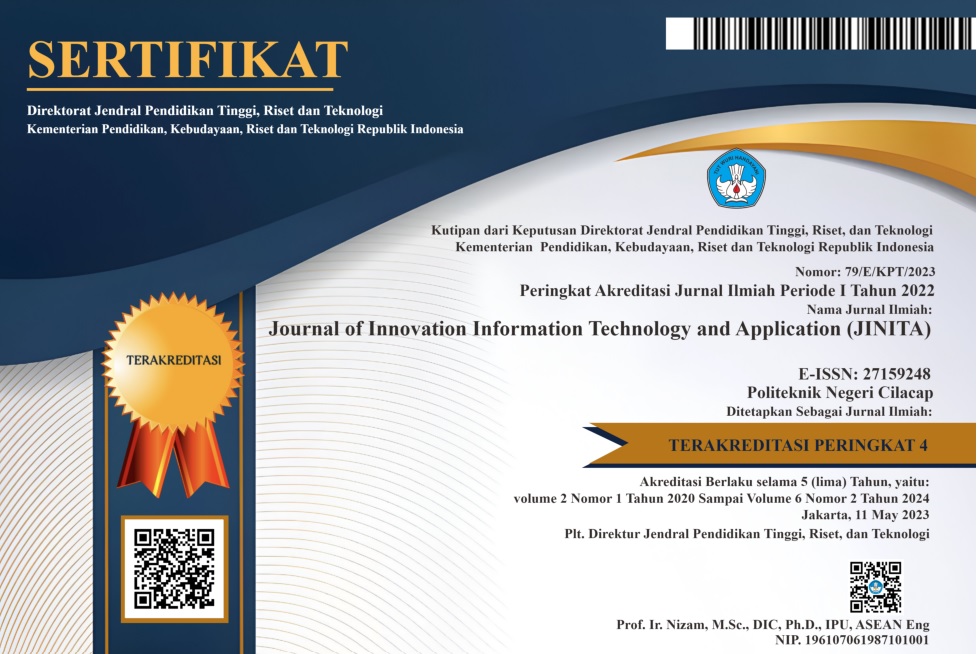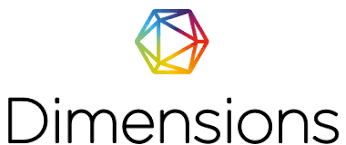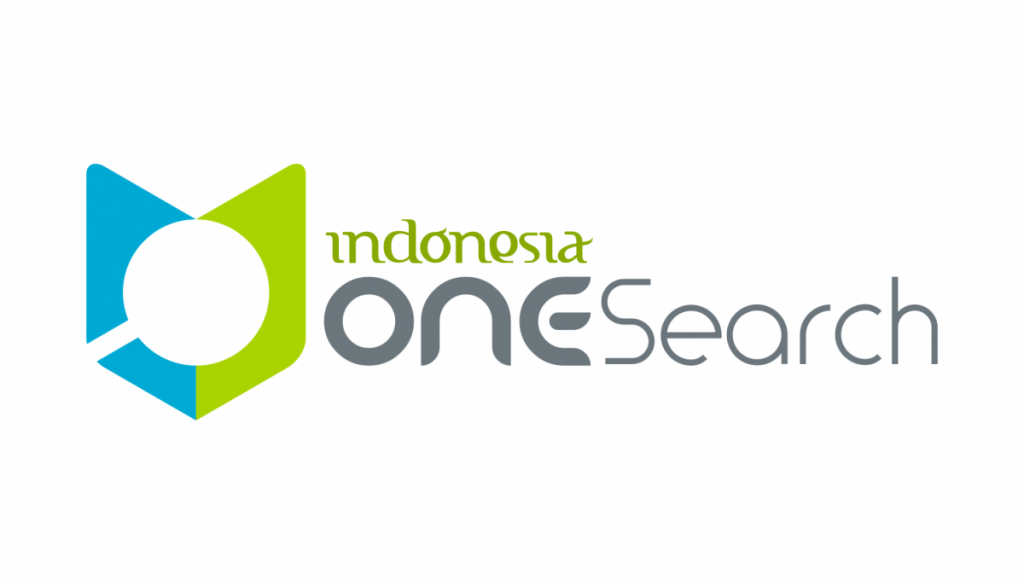Aplikasi Permainan Edukasi Bahasa Jawa Bagi Siswa SD Berbasis Android
 Abstract views: 159
,
Abstract views: 159
,
 PDF (Bahasa Indonesia) downloads: 158
PDF (Bahasa Indonesia) downloads: 158
Abstract
Technological advances that can be used by the public as a media for education are the development of Android smartphone technology, Android is the most popular of smartphone operating system in Indonesia with a percentage of 92%. Javanese language is one of the regional languages in Indonesia, but now its condition is threatened with extinction due to the smaller number of speakers in daily conversation. SD Negeri Karangmangu 1 is one of the institutions where students experience this problem, because some students feel ashamed and doubtful about using Javanese when talking to older people, due to the lack of Javanese vocabulary they understand. This research about Android Based Application Of Javanese Language Educational Games For Elementary Students. The application built is expected to help and make it easier for students in grades 3-6 to learn Javanese, by packaging Javanese into a fun interactive multimedia application (playing while learning). This application was developed using the Multimedia Development Life Cycle (MDLC) method. The concept of the game is that some Javanese vocabulary will be provided and the user is required to answer and sort the words according to the questions provided before the time runs out, if the answer is correct so the answer and Javanese script will be displayed, as well as the sound of the pronunciation. The results of the application testing were 38% agreed and 62% strongly agreed that the Android Based Application Of Javanese Language Educational Games For Elementary Students can help and make it easier for students in grades 3-6 to learn Javanese language with fun interactive multimedia.
Copyright (c) 2020 Journal of Innovation Information Technology and Application (JINITA)

This work is licensed under a Creative Commons Attribution 4.0 International License.
Authors who publish with this journal agree to the following terms:
- Authors retain copyright and grant the journal right of first publication with the work simultaneously licensed under a Creative Commons Attribution License that allows others to share the work with an acknowledgement of the work's authorship and initial publication in this journal.
- Authors are able to enter into separate, additional contractual arrangements for the non-exclusive distribution of the journal's published version of the work (e.g., post it to an institutional repository or publish it in a book), with an acknowledgement of its initial publication in this journal.
- Authors are permitted and encouraged to post their work online (e.g., in institutional repositories or on their website) prior to and during the submission process, as it can lead to productive exchanges, as well as earlier and greater citation of published work (See The Effect of Open Access).
















